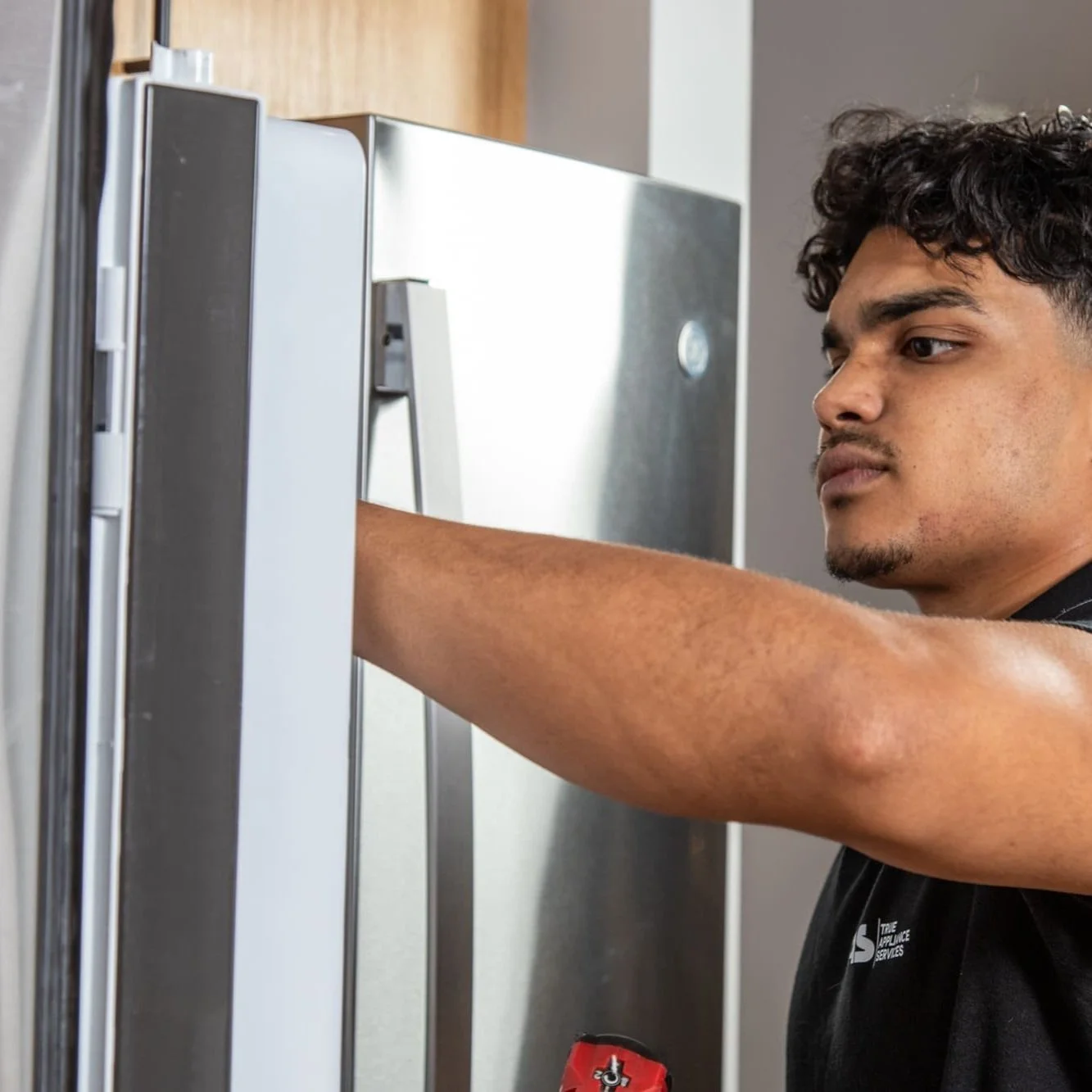Common Reasons a Freezer Isn't Freezing
The following comprehensive guide explores various factors that contribute to freezer malfunction and temperature regulation problems.
When a freezer stops maintaining proper temperatures, finding the root cause requires expertise in professional appliance maintenance. Understanding these common issues helps homeowners recognize when professional appliance repair becomes necessary. The following comprehensive guide explores various factors that contribute to freezer malfunction and temperature regulation problems.
Door Seal Deterioration
A compromised door seal ranks among the primary culprits of freezer temperature issues. The rubber gasket around the freezer door maintains an airtight seal, preventing warm air from entering the compartment. Over time, these seals deteriorate, crack, or become brittle, leading to cold air escaping and warm air infiltrating the freezer space. Regular inspection of the door seal reveals signs of wear, such as visible cracks, tears, or areas where the seal no longer sits flush against the frame.
Thermostat Malfunction
The thermostat serves as the command center for temperature regulation. When malfunctioning, the thermostat fails to signal the cooling system properly, resulting in inadequate freezing temperatures. Signs of thermostat problems include fluctuating temperatures, complete failure to cool, or the freezer running continuously without reaching the desired temperature. Professional appliance maintenance technicians possess the diagnostic tools necessary for accurate thermostat assessment and replacement.
Condenser Coil Issues
Located typically at the back or beneath the freezer, condenser coils play a crucial role in the cooling process. These coils release heat from inside the freezer to the surrounding environment. When dust, pet hair, and debris accumulate on the coils, their efficiency decreases significantly. Regular cleaning of condenser coils maintains optimal freezer performance, though accessing and properly cleaning these components often requires professional expertise.
Fan Motor Problems
Freezers utilize multiple fans for proper operation - the evaporator fan distributes cold air throughout the compartment while the condenser fan cools the compressor and condenser coils. When either fan malfunctions, the freezer struggles to maintain proper temperatures. Unusual noises, such as clicking, scratching, or buzzing, often indicate fan motor issues requiring professional appliance repair.
Compressor Complications
The compressor functions as the heart of the freezer's cooling system, circulating refrigerant through the appliance. Compressor problems manifest through various symptoms, including unusual noises, inability to maintain proper temperatures, or complete failure to operate. Due to the complexity of compressor systems and their interaction with refrigerant, addressing these issues demands professional intervention.
Defrost System Failure
Modern freezers incorporate automatic defrost systems, preventing ice buildup on the evaporator coils. When these systems malfunction, excessive frost accumulation impedes proper air circulation and temperature regulation. Signs of defrost system problems include visible ice buildup, water pooling beneath the freezer, or temperature inconsistencies throughout the compartment.
Power Supply Issues
Inadequate electrical supply affects freezer performance significantly. Voltage fluctuations, loose connections, or damaged power cords compromise the appliance's ability to maintain freezing temperatures. Professional appliance maintenance includes comprehensive electrical system evaluation, identifying potential hazards and performance-limiting factors.
Refrigerant Leaks
The refrigerant circulating through the freezer system requires precise levels for optimal performance. Leaks in the refrigerant lines result in inadequate cooling and potential system damage. Environmental regulations and safety concerns necessitate professional handling of refrigerant-related repairs, making it essential for experienced technicians to address these issues.
Temperature Control Settings
While seemingly simple, incorrect temperature control settings cause numerous freezer performance issues. Factory settings provide optimal performance for most situations, though environmental factors might necessitate adjustments. Professional appliance maintenance specialists understand the relationship between ambient conditions and proper temperature settings, optimizing freezer performance for specific environments.
Airflow Obstruction
Proper air circulation remains essential for consistent freezer temperatures. Overcrowding, blocked vents, or improper food storage creates airflow obstacles, preventing cold air distribution throughout the compartment. Though organizing freezer contents improves airflow, underlying circulation problems might require professional evaluation and repair.
Professional appliance repair services offer comprehensive solutions for freezer temperature problems, combining technical expertise with specialized diagnostic equipment. Regular maintenance prevents many common issues while extending appliance lifespan. When freezer problems arise, consulting qualified technicians safeguards both the appliance and its contents, preventing food spoilage and potential system damage. Maintaining optimal freezer performance requires understanding these common issues and recognizing when professional intervention becomes necessary.

